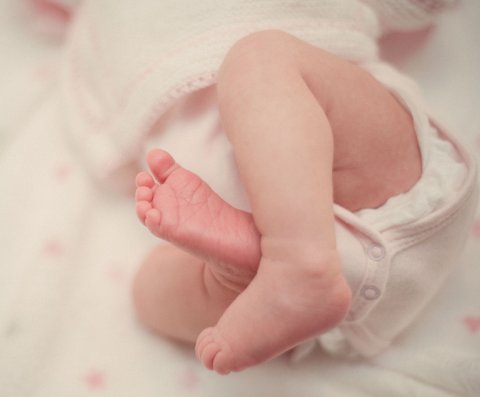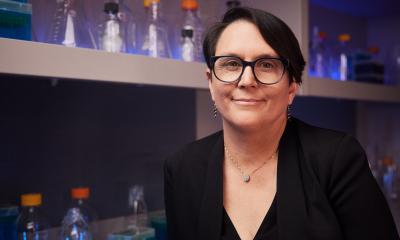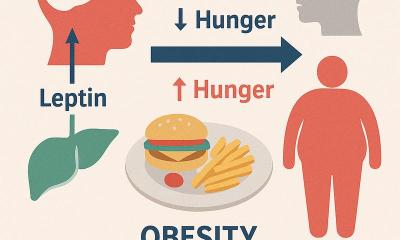News • Endocrinology
Predicting the outcome for newborns with congenital hyperinsulinism
Babies born with congenital hyperinsulinism (CHI) are at risk of suffering from permanent brain damage and life-long disability.

Yet some will go on to suffer more severely than others as a result of their disease profile, report the researchers in an article published in Frontiers in Endocrinology. The research team have found that it is possible to predict when and how the disease may affect the child in the long-term. “One of the problems facing clinicians is that it is really difficult to predict which babies will have problems after surgical treatment. Our new data give some important clues that will help clinicians to know how much extra care each baby is likely to need”, explains Dr Karen Cosgrove, a member of the research team from The University of Manchester. Although generally rare, affecting just 1 in 50,000 children in the UK, CHI can be as common as cystic fibrosis (1 in 2,500) in children of European Jewish descent or when born into communities where cousins marry.
Although the impact of these findings is limited to centres with surgical resources, for those centres the data is immediately applicable and translatable clinically
Mark Dunne
Up until now, scientists have understood that there are two main subtypes of the disease - known as diffuse and focal. Diffuse CHI affects the entire pancreas, whilst focal CHI affects just one area of the organ, forming a focal lesion. The team from Manchester now understand that focal CHI can be further categorised into two types- spreading focal lesions and isolated focal lesions. Spreading focal lesions are generally larger and spread outwards into areas of healthy cells. Isolated focal lesions, on the other hand, have a capsule around them which keeps the diseased cells separate from healthy cells.
The research team investigated the cases of 25 infants with focal CHI to see how the two types of lesions influenced their long-term outcomes. They found that babies with spreading focal lesions suffered more severely from the disease and were diagnosed earlier. These infants were more likely to suffer brain damage which permanently affected their development, learning and behaviour. In contrast, in infants with isolated lesions, the disease was diagnosed later and surgery to remove the lesion was less complicated.
These new data help to explain why new-born babies diagnosed with the same disease may go on to have very different outcomes and could influence the way clinicians choose to manage each new case of CHI. “Although the impact of these findings is limited to centres with surgical resources, for those centres the data is immediately applicable and translatable clinically” explains Professor Mark Dunne from The University of Manchester and lead author on the study.
Source: University of Manchester
02.04.2019





